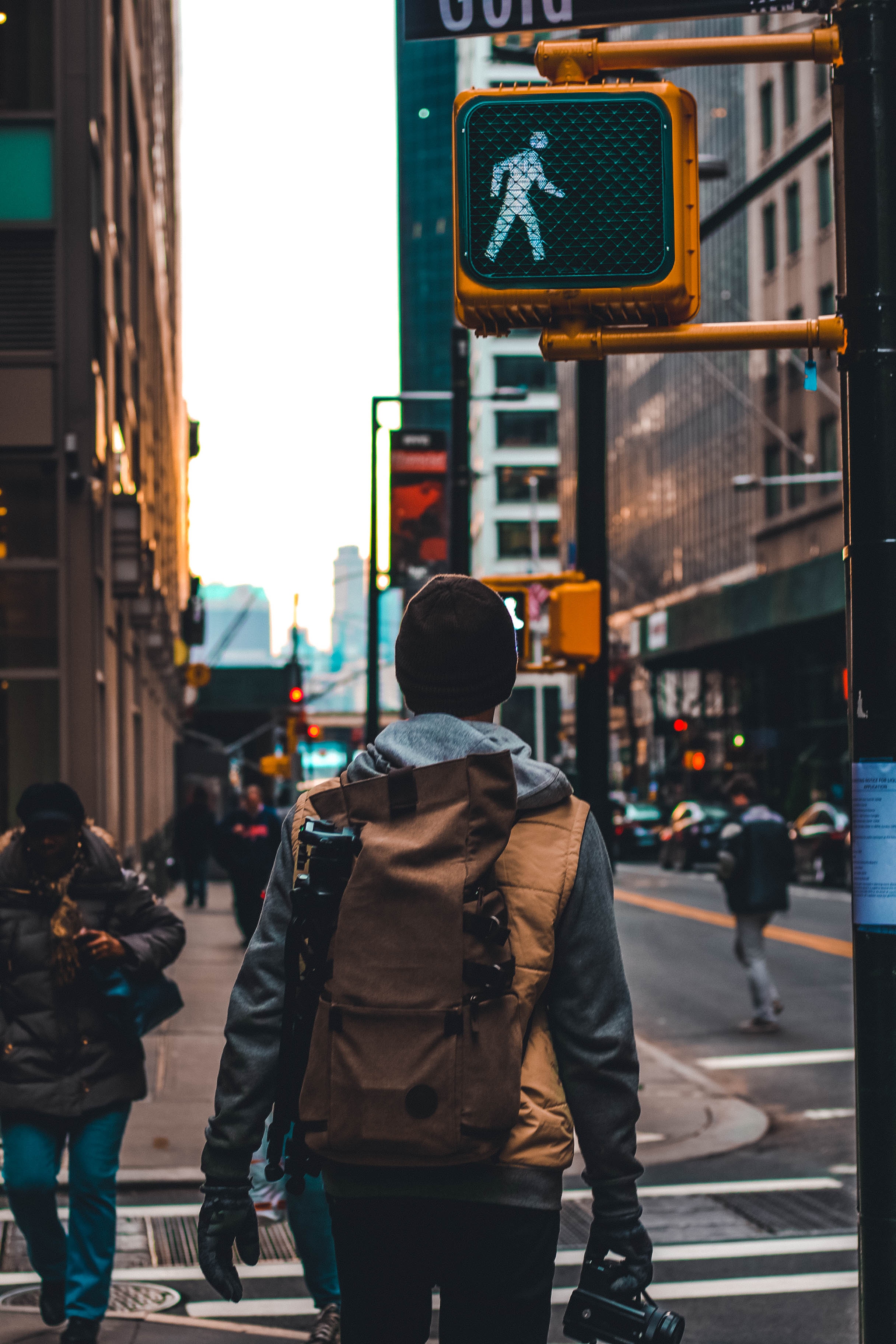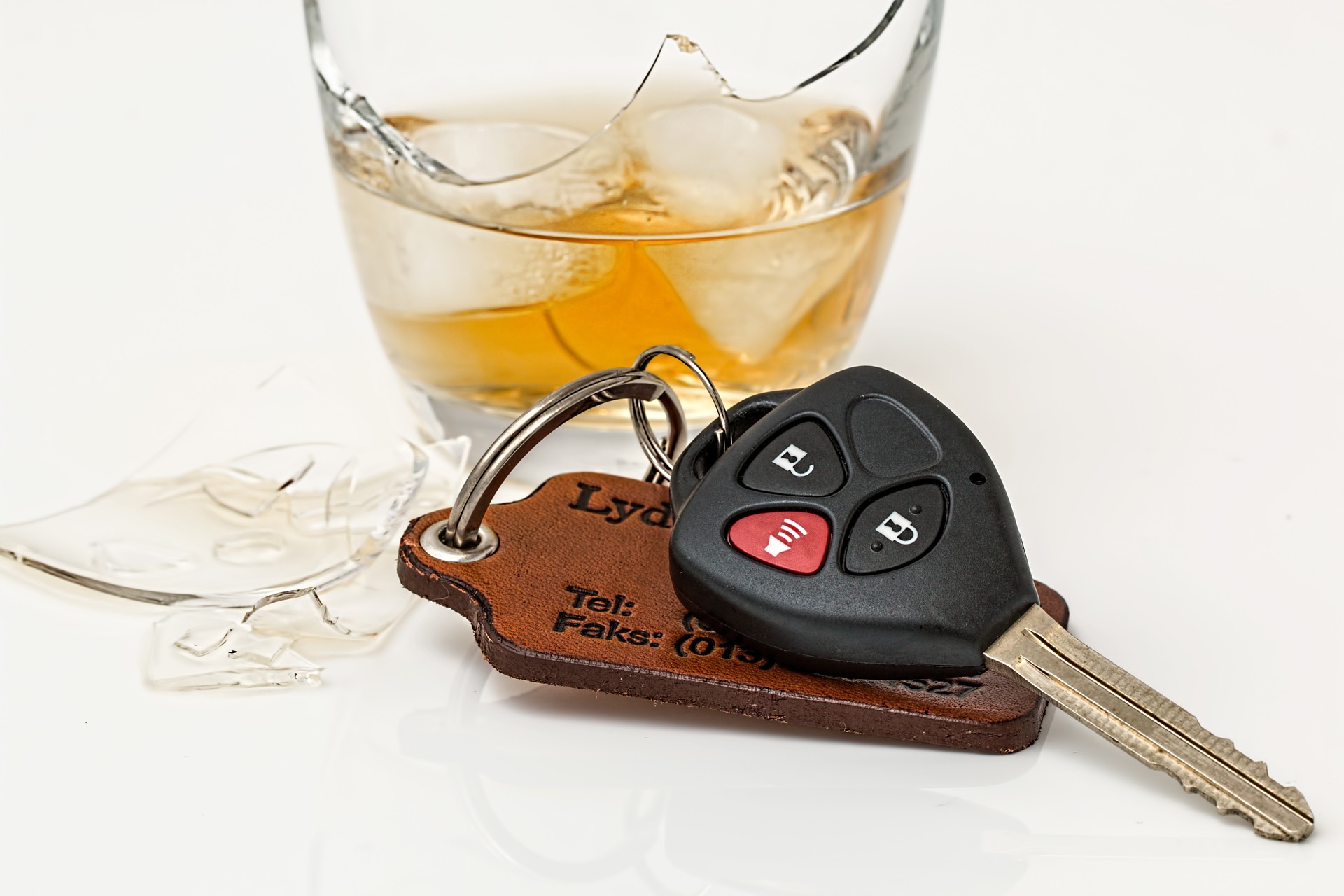Michigan is ranked the 19th most dangerous state in the country for pedestrians, according to Dangerous By Design’s 2019 report. In the Midwest, Michigan is the most dangerous state for pedestrians, with a total of 1,409 pedestrian fatalities being reported between 2008-2017.
More specifically, the Detroit, Warren, and Dearborn metro area is ranked at 18 out of 20 metropolitan areas in the United States with the highest pedestrian fatalities, with 757 pedestrian fatalities between the years of 2008-2017. Also, since 2008, the number of pedestrian deaths increased by 35%, and according to another report analyzed by USA Today, the Governors Highway Safety Administration (GHSA) reported that 6,227 pedestrian deaths occurred in 2018.
One of the reasons for the increase in pedestrian deaths could be linked to an increase in the number of SUVs on the road. There are a few factors which play a role in SUV pedestrian deaths. The Detroit Free Press studied data from a July 2018 investigation and, “counted vehicles that struck and killed pedestrians rather than the number of people killed,” and noticed a 69% increase in SUV pedestrian deaths. The study also mentions that, “SUV front ends are taller, so they strike pedestrians higher on their bodies.” That means, an SUV is more likely to kill a pedestrian, whereas a smaller car such as a sedan would strike a person's leg and still injure them, but likely not kill them.
The time of day is also a significant factor in pedestrian car accidents. The Michigan State Police (MSP) found that, “most pedestrian fatalities occur between 6:00 PM and midnight.” So, pedestrians may not be able to choose the type of vehicle that hits them, but they can certainly take steps to avoid walking during the most dangerous time of day for pedestrian car crashes. And pedestrians should always be aware of how they can stay safe when walking, no matter the time of day. The MSP offers pedestrians safety precautions they can follow while walking, in hopes of preventing a pedestrian car accident.
Pedestrian Walking Safety Tips
Use sidewalks whenever available.
Obey traffic signals.
Never cross mid-block.
Cross streets at a corner, using traffic signals and crosswalks whenever possible.
Always stop at the edge of a parked car, curb, or vehicle before walking out into traffic.
Look left-right-left before crossing a street and continue looking while crossing.
Make eye contact with drivers prior to crossing in front of them.
Never assume the vehicle driver can see you.
Walk facing traffic as far to the left as possible when walking along the roadway.
Wear reflective clothing and carry a flashlight when walking at night or in the early morning.
Never allow children under age 10 to cross the streets alone. Young children do not have the skills to accurately judge traffic risks.
Allow for enough time to safely cross the street.
A pedestrian becoming injured or even struck and killed by a vehicle is very tragic. Pedestrians and drivers in Michigan should be more aware of safety laws and driving speeds so they aren’t injured or killed in a pedestrian car accident, especially since Michigan has been ranked the 19th most dangerous state for pedestrians in the United States.
Even if a person is lucky enough to survive the impact of a car traveling 25 mph or more, depending on the road, they are usually severely injured in the car crash. Broken bones may heal but pedestrians often suffer traumatic brain injuries that alter their lives forever. The injury attorneys at The Michigan Law Firm, PC’s fight to seek justice for pedestrians who are injured in automobile accidents. Call 844.4MI.FIRM for a free legal consultation.










